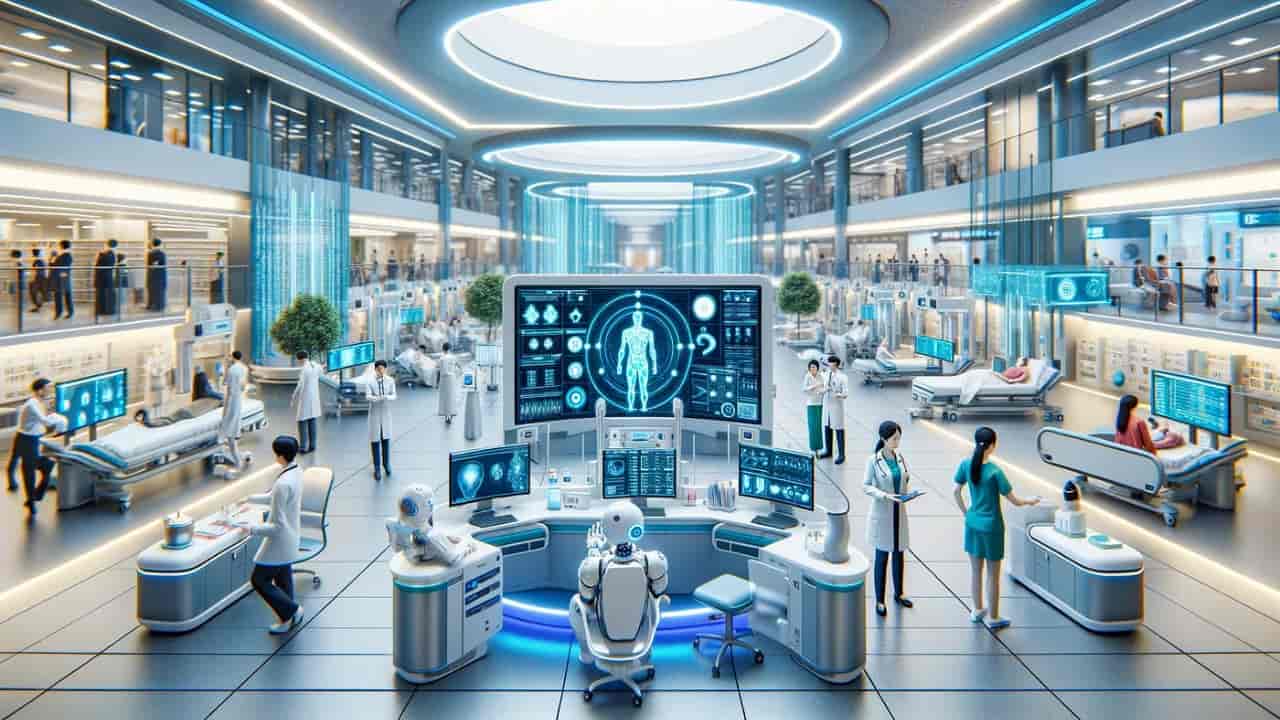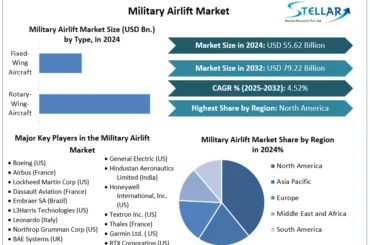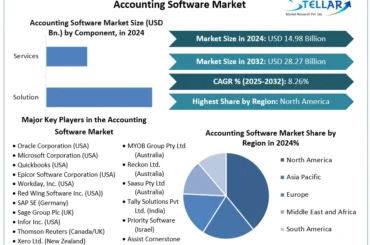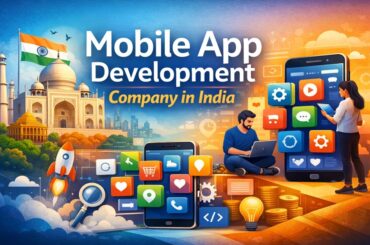Artificial intelligence (AI) is no longer a futuristic concept confined to science fiction; it is reshaping nearly every industry, and healthcare is at the forefront of this transformation. From analyzing complex medical data to assisting in patient care, AI is becoming an influential force in how we understand, access, and value medical expertise. This shift goes beyond technological advancement it challenges the very way the world perceives doctors, researchers, and healthcare professionals. As AI becomes more capable of performing tasks once thought to require human intelligence, it raises important questions about trust, ethics, and the evolving role of medical experts in a technology-driven era.
AI as a Powerful Diagnostic Tool
One of the most significant ways AI is altering the perception of medical expertise is through its diagnostic capabilities. Traditionally, diagnosing illnesses relied heavily on the knowledge and experience of human doctors, who would interpret symptoms, lab results, and medical images to identify a condition. Now, AI-powered tools like machine learning algorithms and deep neural networks can analyze massive datasets such as MRI scans, CT images, and genetic sequences with speed and accuracy that often surpass human capabilities.
For example, AI systems can detect early signs of diseases such as cancer, diabetes, or heart conditions by identifying subtle patterns in medical images that may be overlooked by even the most skilled specialists. When patients see AI providing accurate diagnoses in seconds, it challenges the traditional belief that only a human physician can deliver expert medical judgment. While this does not diminish the value of doctors, it creates a new perception of shared expertise, where technology is seen as a partner rather than just a tool.
Bridging Global Healthcare Gaps
AI is also changing how the world views access to medical expertise. In many parts of the globe, especially in developing countries, there is a shortage of trained healthcare professionals. AI-powered telemedicine platforms, chatbots, and diagnostic apps are stepping in to fill these gaps by offering preliminary consultations and health assessments to people who might otherwise go untreated.
This democratization of medical knowledge shifts the perception of expertise from being limited to urban hospitals and elite institutions to something that can be accessed almost anywhere. A person in a rural village with a smartphone can now receive AI-driven medical advice that was once only available through in-person visits to highly trained specialists. This widespread accessibility reinforces the idea that medical expertise is no longer confined to a few individuals but can be distributed globally through intelligent technology.
Redefining the Role of Doctors
As AI becomes more competent in analyzing data, predicting outcomes, and suggesting treatment plans, the role of human doctors is naturally evolving. Rather than being the sole decision-makers, physicians are increasingly acting as interpreters and supervisors of AI-generated insights. Their expertise now lies not only in clinical skills but also in understanding when and how to use AI responsibly.
This shift enhances rather than undermines the value of medical professionals. Patients may begin to view doctors not just as providers of information but as compassionate guides who combine technological insights with human empathy, ethical judgment, and personalized care. In this way, AI is helping to elevate the perception of doctors from mere diagnosticians to holistic caregivers who integrate advanced tools for the benefit of their patients.
Building Trust in AI-Driven Healthcare
Despite AI’s impressive capabilities, trust remains a critical factor in how people perceive medical expertise. Patients often want reassurance that their health decisions are backed by human judgment. Concerns about algorithmic bias, data privacy, and accountability can create skepticism about AI’s role in healthcare.
To overcome these barriers, transparency is essential. Healthcare organizations must ensure that AI tools and Hospital Management Software are rigorously tested, regulated, and explainable. When patients understand how an AI system reaches its conclusions, whether in diagnosing a disease or recommending a treatment plan, they are more likely to trust its input. Over time, as AI systems consistently demonstrate accuracy and reliability, global perceptions will likely shift toward seeing AI as a trustworthy extension of medical expertise.
Enhancing Medical Research and Innovation
Beyond patient care, AI is revolutionizing medical research, further reshaping perceptions of expertise. Machine learning algorithms can analyze enormous datasets to identify new drug candidates, predict disease outbreaks, and uncover genetic factors linked to specific conditions. This accelerates discoveries that might have taken years or decades using traditional methods.
As AI contributes to groundbreaking medical advancements, the public increasingly recognizes that cutting-edge medical expertise is not limited to human intellect alone. AI is becoming an integral part of scientific progress, reinforcing the idea that the future of medicine depends on collaboration between human researchers and intelligent machines.
Ethical and Social Considerations
While AI promises tremendous benefits, its integration into healthcare also raises important ethical questions. Who is responsible when an AI makes a diagnostic error? How can we ensure that AI systems do not perpetuate existing biases in medical data? Addressing these issues is crucial to maintaining public confidence.
Medical institutions and policymakers must work together to create clear guidelines for AI use, ensuring that patient safety, data privacy, and fairness remain top priorities. As these safeguards are implemented, the global perception of AI as a trustworthy medical partner will continue to strengthen.
The Future of Medical Expertise
AI is not replacing doctors, but it is redefining what medical expertise means in the 21st century. Where once expertise was measured by years of education and clinical experience, it now also includes the ability to harness and interpret complex technological insights. Patients around the world are beginning to see healthcare as a collaborative effort between human intelligence and artificial intelligence.
In the coming years, AI will likely become a standard part of healthcare delivery, from personalized treatment plans to predictive analytics that anticipate health risks before they occur. As this transformation unfolds, the global perception of medical expertise will shift toward a more inclusive and technology-driven model one that values not only the wisdom of doctors but also the powerful capabilities of AI.






